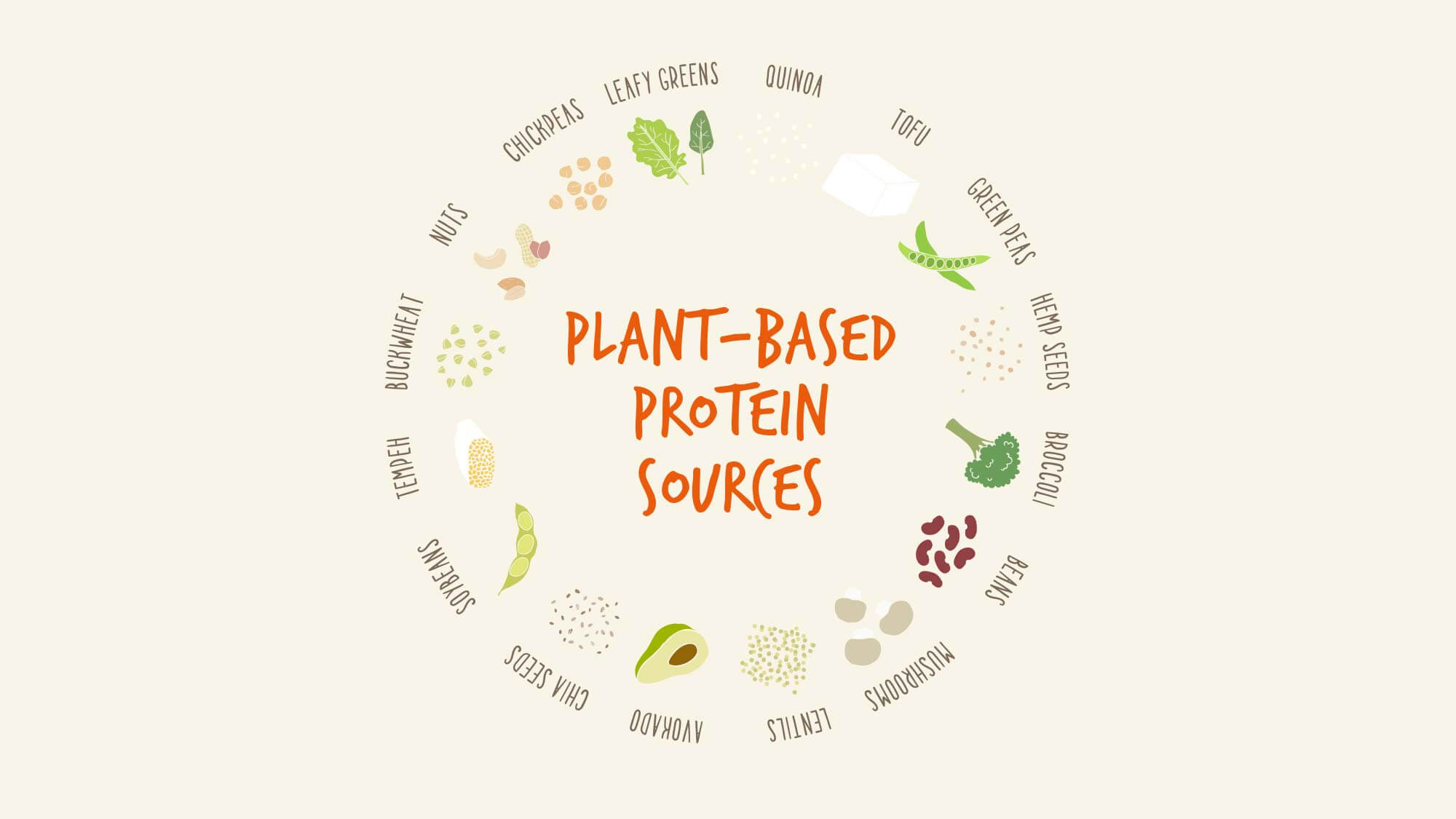Protein, protein, protein. It’s the most popular of all the macronutrients. Protein is definitely riding a Maverick-size wave right now, and with good reason. Once just adored by bodybuilders looking to build muscle, now more people are examining their protein intake and adopting more plant based protein sources.
Today, we’re covering the basics and answering FAQs on protein. Because who doesn’t want to talk protein shop at the water cooler or soccer sideline?
Protein 411: the Basics
- Protein is one of three macronutrients—including carbs and fat–and is made up of amino acids, which are the building blocks needed to build tissues in your body
- Proteins make up many of your body’s structures, including muscle tissue, bone, skin and hair
- Proteins play a major role in the creation of enzymes, hormones, vitamins and neurotransmitters
How much protein do I need?
The Recommended Dietary Allowance (RDA) for adults is based upon the protein and amino acids needed to maintain body tissues and replace losses (yes, you lose protein in your urine, poop, and sweat!).
For most of us (like those who are pretty active most days a week but not involved in super-intense training), we can easily calculate our minimum daily protein needs:
- Start with your weight in pounds
- Multiply your weight by 0.36 grams
- For example: A 150lb woman would need a minimum of 54 grams of protein per day.
- (150lb x .36 grams of protein = 54 grams of protein per day)
Can protein help with weight management?
As part of a healthy diet, eating protein may help you maintain a healthy weight. In higher amounts it may help you feel full.
Categories of Dietary Protein: complete vs. incomplete
There are two categories of dietary protein: complete and incomplete. Animal- and soy-based proteins tend to be complete, meaning they contain all of the nine essential amino acids in adequate amounts that your body needs to build proteins. Most plant-foods, are lower in one or two of the essential amino acids, and are referred to as incomplete proteins.
Now if you were a total rebel in the 70s, you were probably told that plant-based proteins had to be combined at each meal to get the full range of amino acids. Thank goodness we’ve found out that’s no longer necessary! (Who has time for that?!) We now know that consumption of a variety of plant-based proteins throughout the day (heck, even throughout the week!) can meet the essential amino acids needs.
What are the versatile sources of plant-based protein?
Some of my favorite sources of plant-based proteins include:
- Quinoa
- Lentils
- Chickpeas
- Tempeh
- Black beans
- Organic tofu
Personally, I love any plant-based protein that I can use in some of my favorite go-to recipes. For instance, my husband and I celebrate “Taco Tuesdays”, where I feature black beans and quinoa in our burrito bowls (which also make killer leftovers too!). If my husband is hankering for a delicious take on his beloved nachos, I whip these babies up: Nacho Seasoned Roasted Chickpeas. They are so good!
Why is everyone I know hopping on the low-carb, high-protein diet? Should I be on one too?
While protein is a super-important macronutrient in our diet, it shouldn’t be the only one. Don’t leave out those quality carbohydrates, like fruits, vegetables and whole grains, and good fats, like avocado and walnuts.
So, go ahead and include high-quality, plant-based protein as part of your balanced diet, but do so in a way that’s right for you.
How are you going to include more plant-based protein in your diet this week!?
Jenn Randazzo works at Vega as a National Educator. She is passionate about building relationships that help people take ownership of their health. As a registered dietitian, she specializes in using client-centered techniques to guide people toward realistic and achievable goals. A strong believer in collaboration, she hopes to change the world through plant-based nutrition.
Learn more about plant based nutrition from Jenn Randazzo and Vega.

